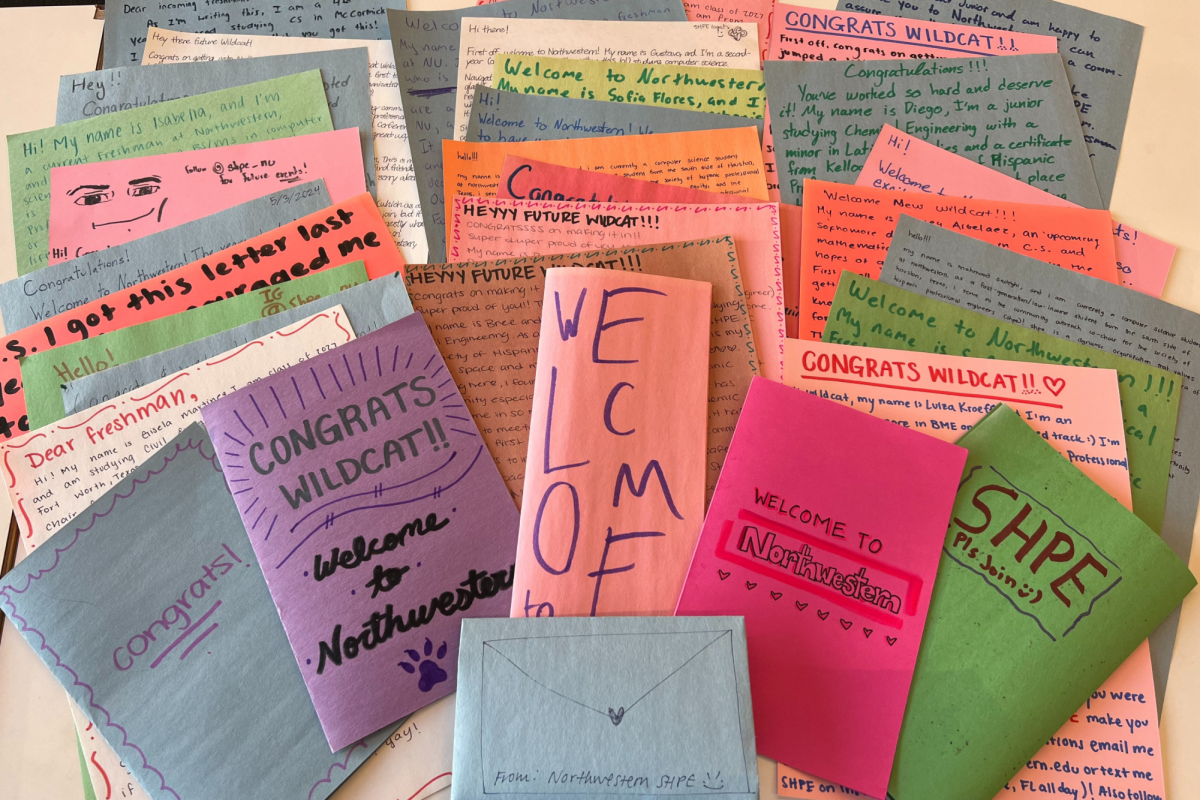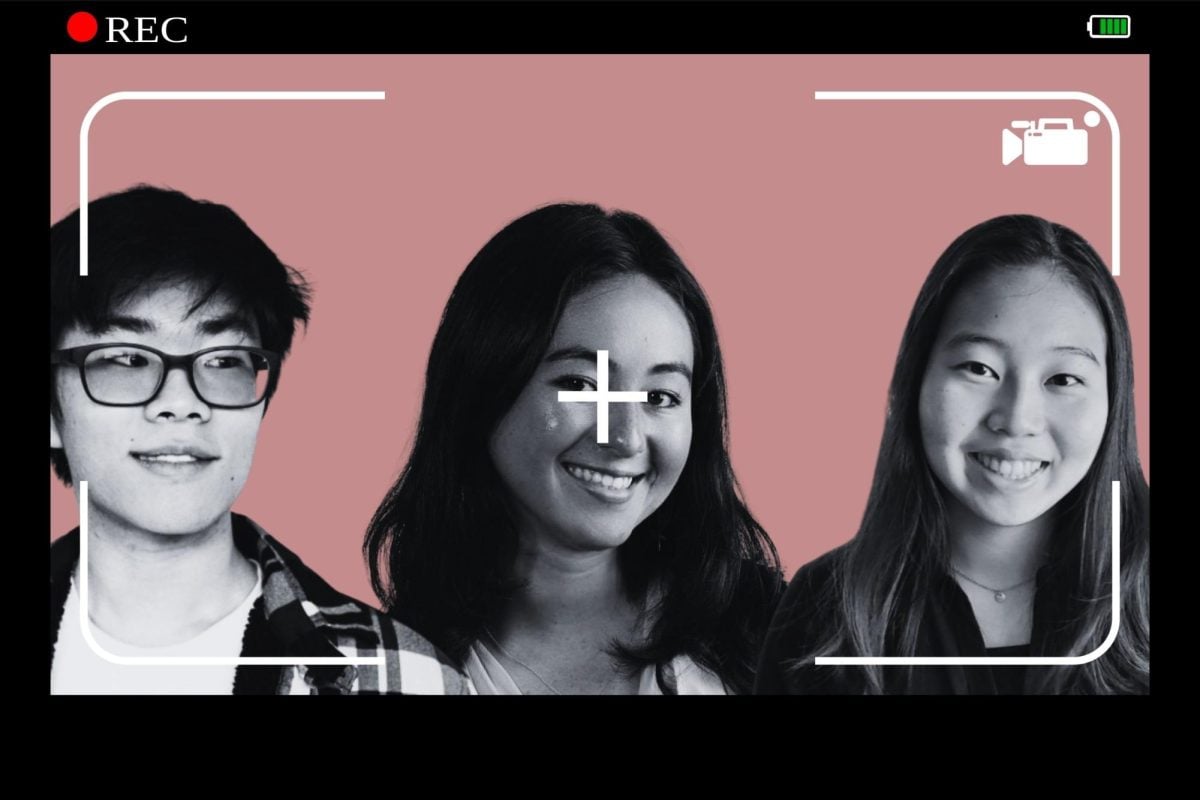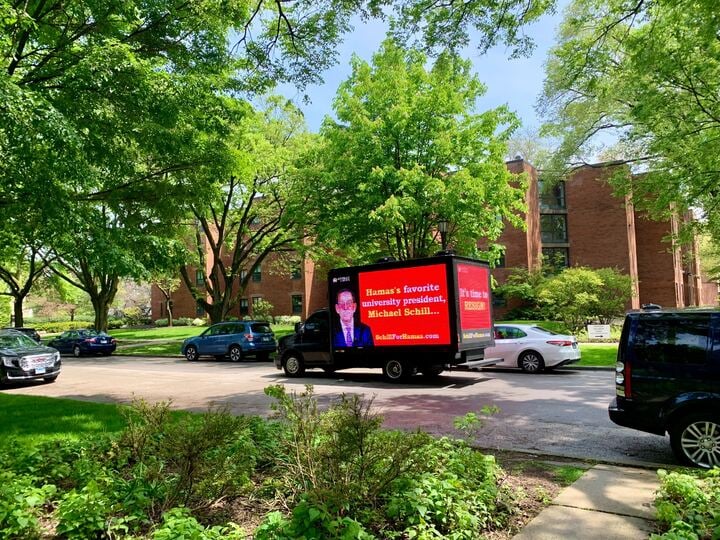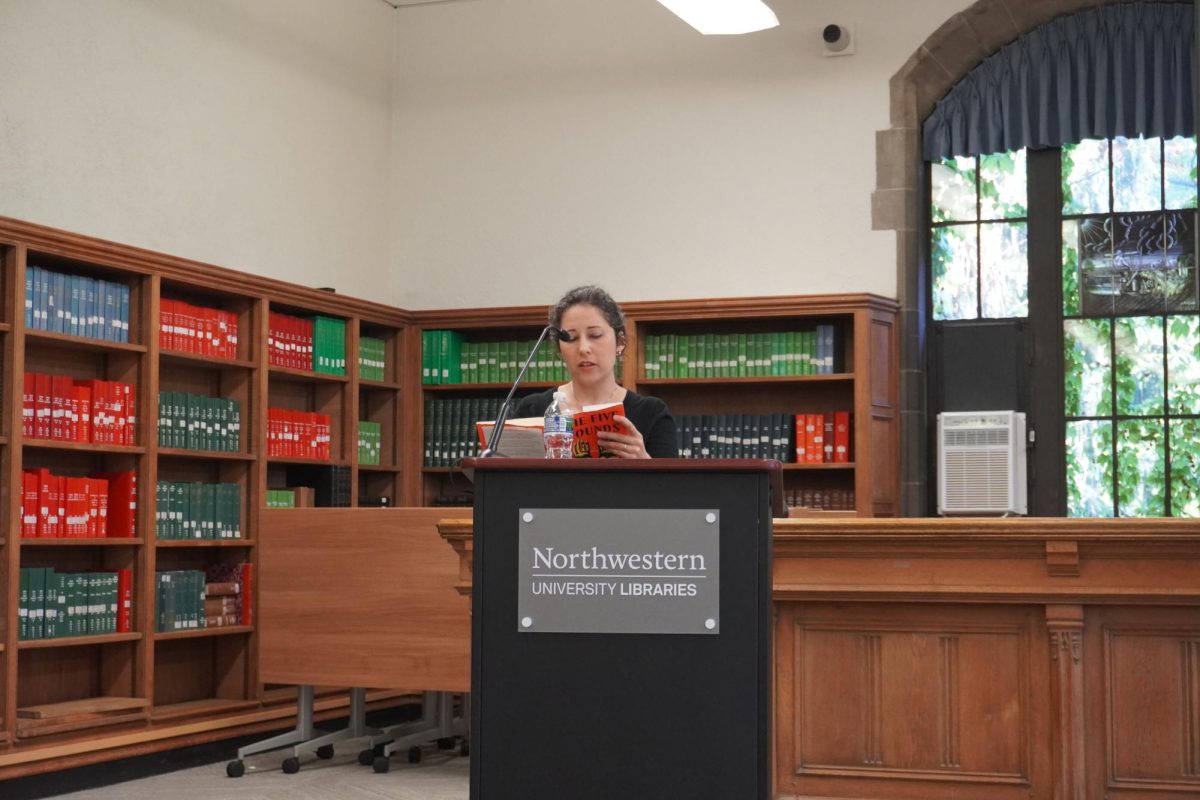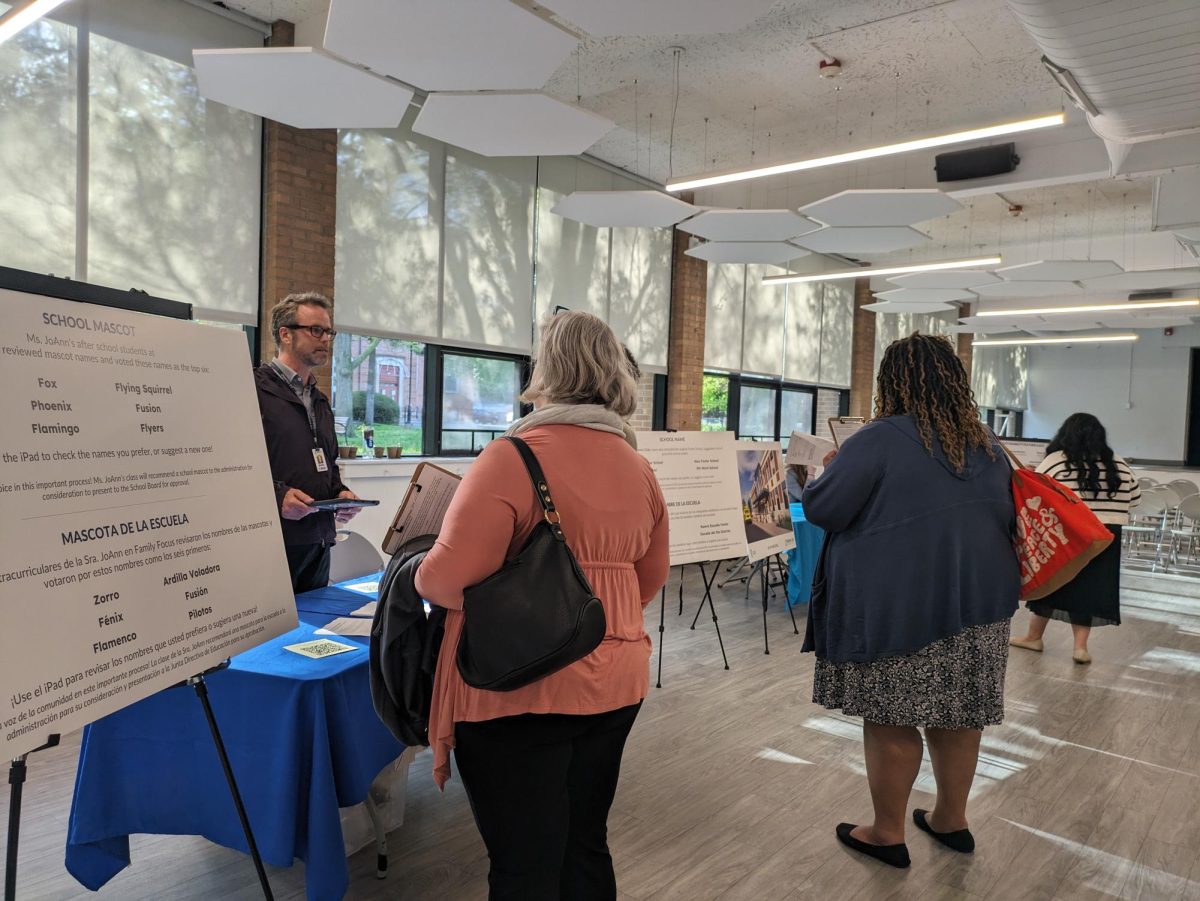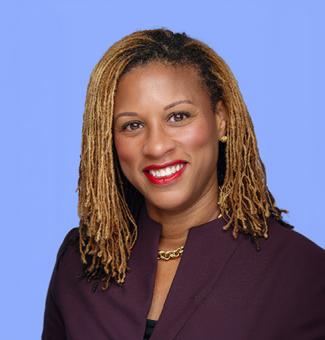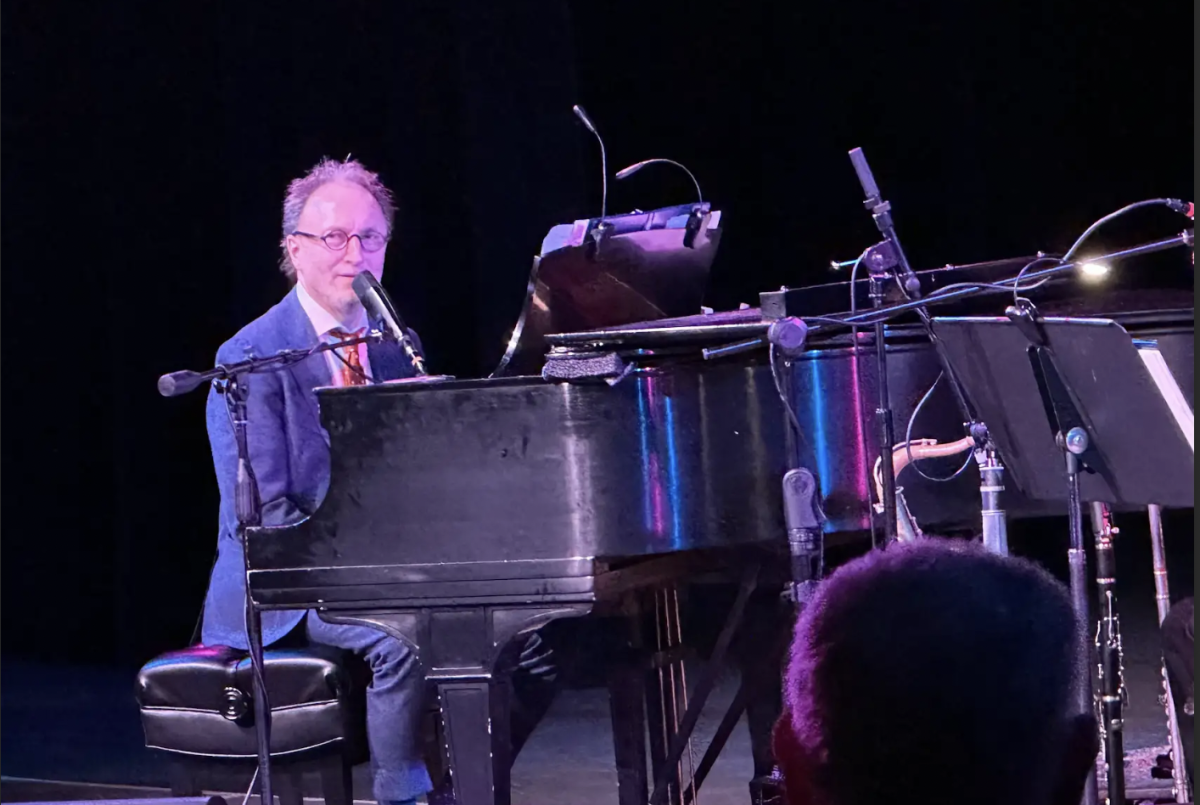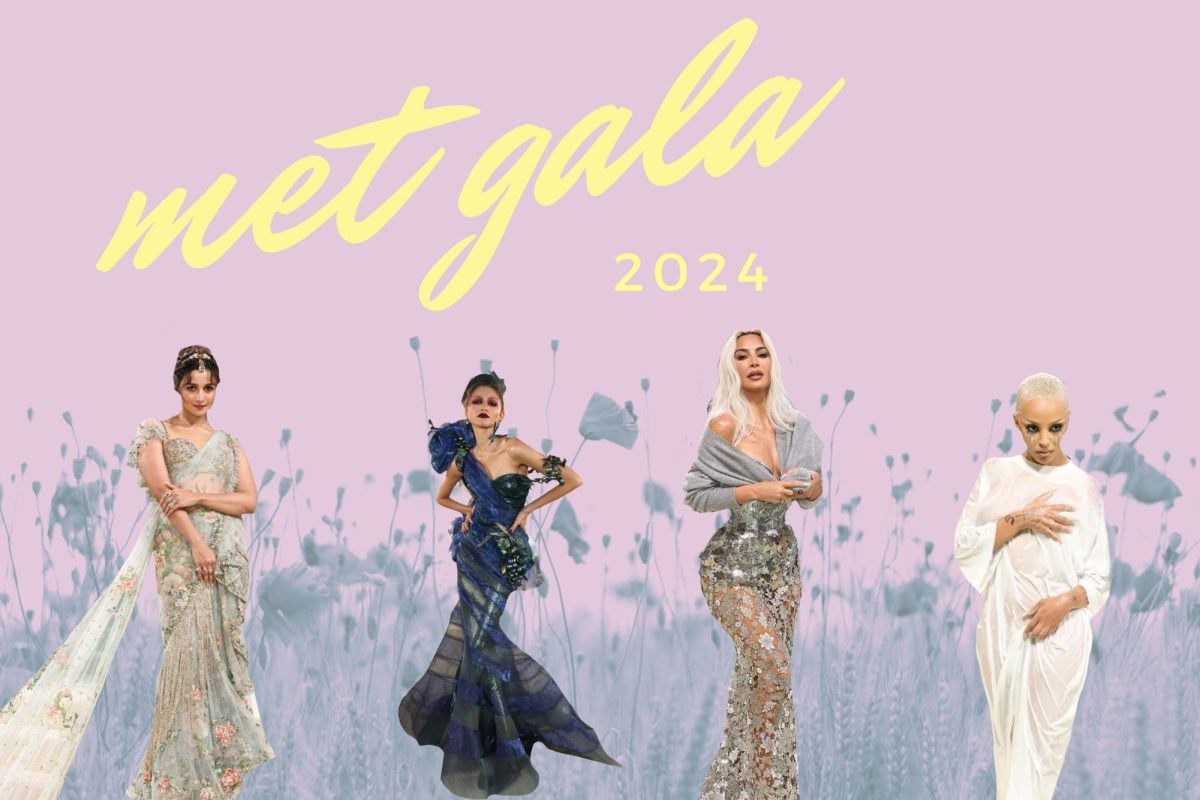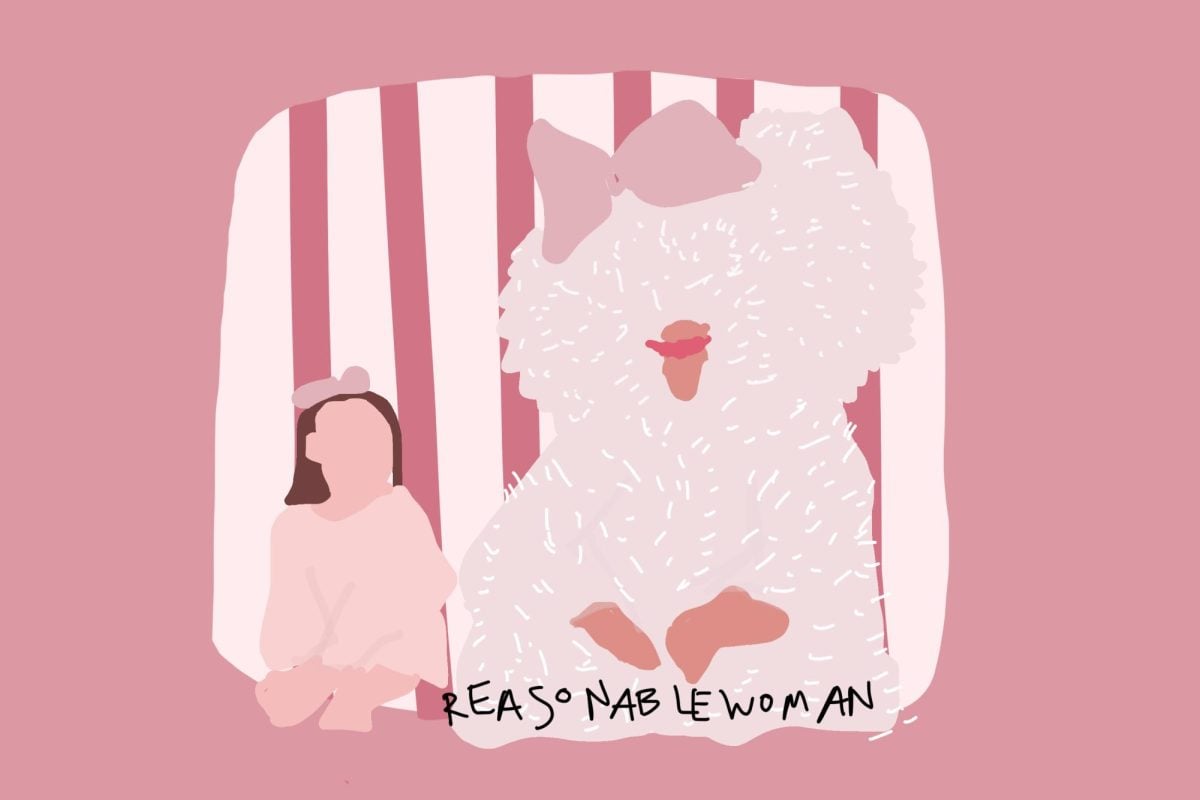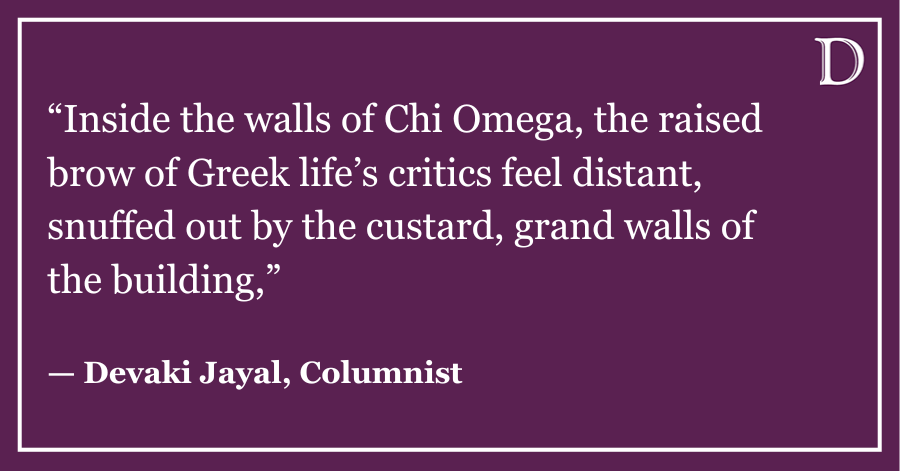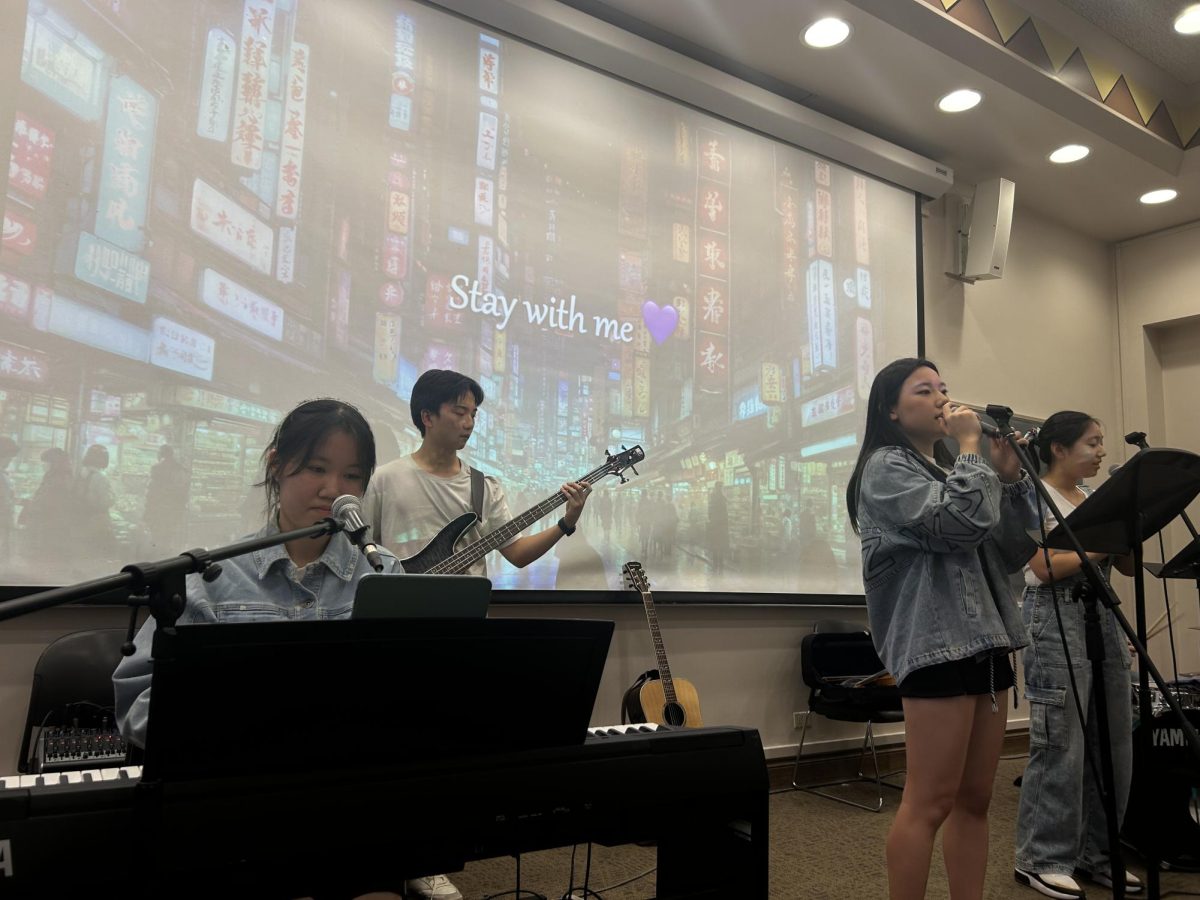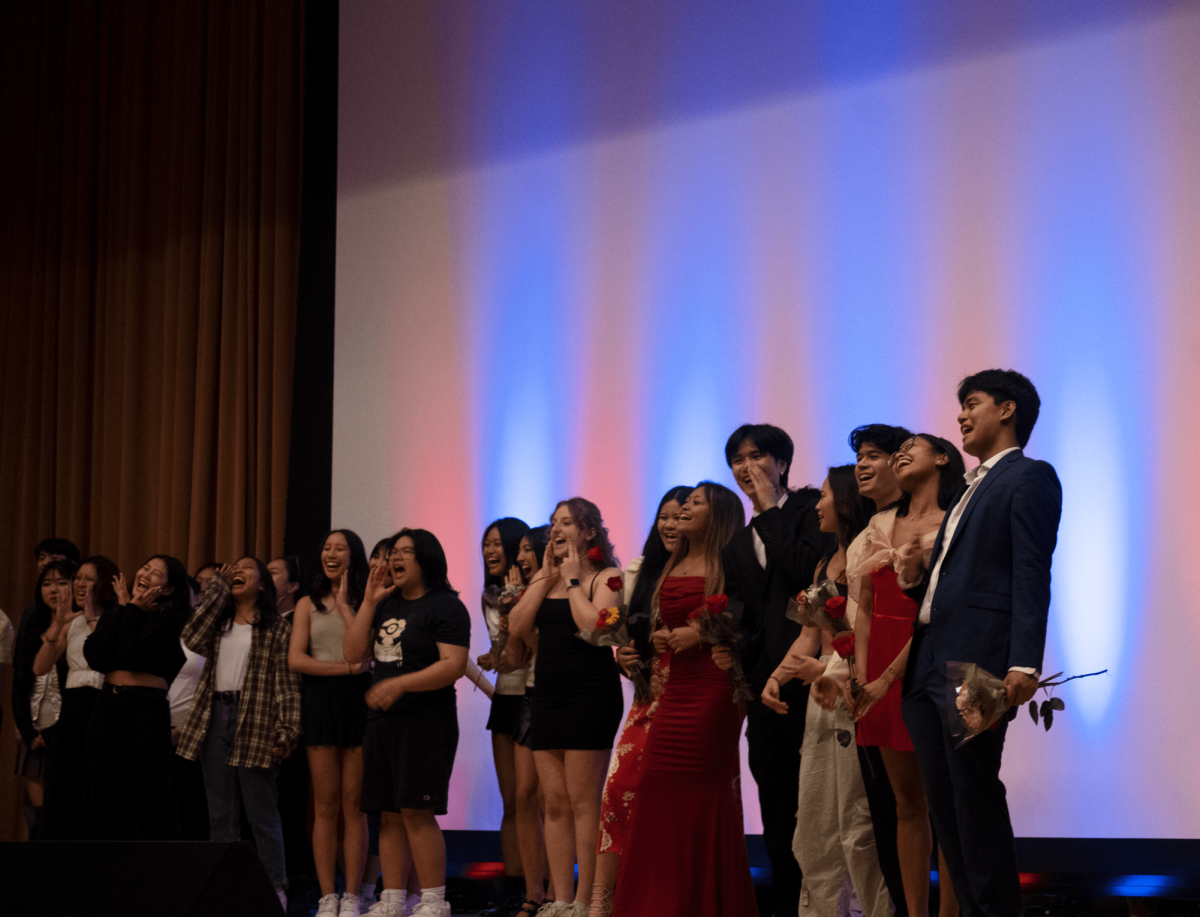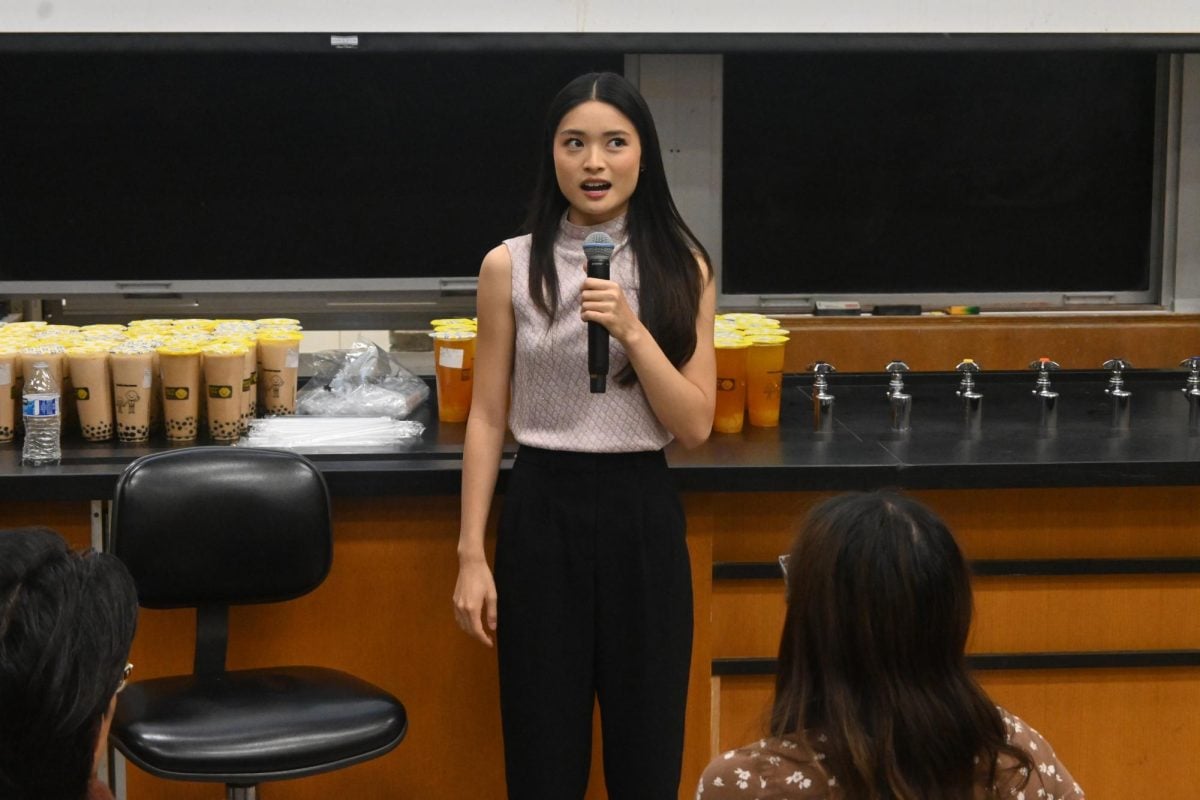A year after an alleged racial incident involving a Northwestern employee sparked discussions surrounding race on campus, student diversity leaders expressed tentative hope that the campus climate is headed in a positive direction.
“I think there’s been a decent amount of progress in terms of campus changes,” said Noor Hasan, a Sustained Dialogue moderator and member of the diversity and inclusion task force in Student Affairs. “There is an increased amount of dialogue which is really important.”
In December 2012, NU maintenance worker Michael Collins said he found a black teddy bear hanging from a rope by his desk, as if it had been lynched. When knowledge of the incident reached campus during Winter Quarter 2013, multicultural student groups reacted in outrage, organizing a rally and march in support of Collins as well as discussions about race.
“I think the march for Michael Collins that took place was a really important event that happened … an important message to the administration and students as a whole that this incident shouldn’t be tolerated,” Hasan, a Weinberg senior, said.
Now Hasan believes the response to the incident, as well as other efforts to support diversity and inclusion on campus in the past year, have led to an overall positive change.
Collins’ situation was the latest in a series of racial incidents that have led student leaders to call for change on campus in the last few years.
In January 2012 a Latina student was heckled in mock broken English while walking home. In April 2012, the University established a diversity council and hired Dona Cordero as assistant provost for diversity and inclusion. Shortly after, the Ski Team hosted a party with racially insensitive costumes.
The University Diversity Council released a report in February 2013, which outlined a potential university-wide diversity requirement for undergraduate students.
Later that year, Student Affairs began its Sustained Dialogues program. Based off a model created by the Washington D.C.-based Sustained Dialogue Campus Network, the program facilitates discussions on diversity and inclusion between different NU students.
This is Hasan’s second year on the task force. As a Sustained Dialogue moderator, she is also trained in diversity and inclusion leadership. She said student leaders have made progress in actively “stepping up and making sure people are being inclusive.”
For Members Only spokeswoman Qiddist Hammerly, a SESP sophomore, said the incident “ignited some students to do something about race relations on campus.”
Sustained Dialogue and Peer Inclusion Educators have helped facilitate conversations about different types of diversity, Hammerly said. However, she said she believes the University should be more involved in the conversation and criticized the administration for not sending a message to students about the incident at the time.
“The message that sends to students, especially students of color, is that these incidents do not matter, racial biases do not matter and consequently we as students don’t matter,” Hammerly said.
University spokesman Al Cubbage told The Daily in January 2013 that it was a “personnel matter” that would be reviewed internally by the University but results of the review would not be released publicly.
Hammerly added that students, too, cannot dismiss such issues.
“We’re very limited in what our idea of diversity is,” she said. “People hear the word diversity and they think, ‘We’ve talked about this too much already, I don’t want to hear about it,’ and immediately relate it only to race, which is not the case.”
Associated Student Government president Ani Ajith said during diversity conversations, students should be more aware of a wide variety of student backgrounds.
“Where I would love to see us go is a deeper exploration,” the Weinberg senior and former Daily staffer said. “This transcends race alone. We’re having the conversations that are not about, ‘I’m afraid to say this because I think it might be offensive,’ to the point of, ‘Tell me about your life, where you come from, what you are coming from and what that means about the way you look at the world.’”
Hammerly stressed the need for all students on campus, not just students of color, to be invested in improving the campus environment.
“The Michael Collins incident, that to me is not a diversity issue. That is a humanity issue,” Hammerly said.
Email: [email protected]
Twitter: @jeannekuang

